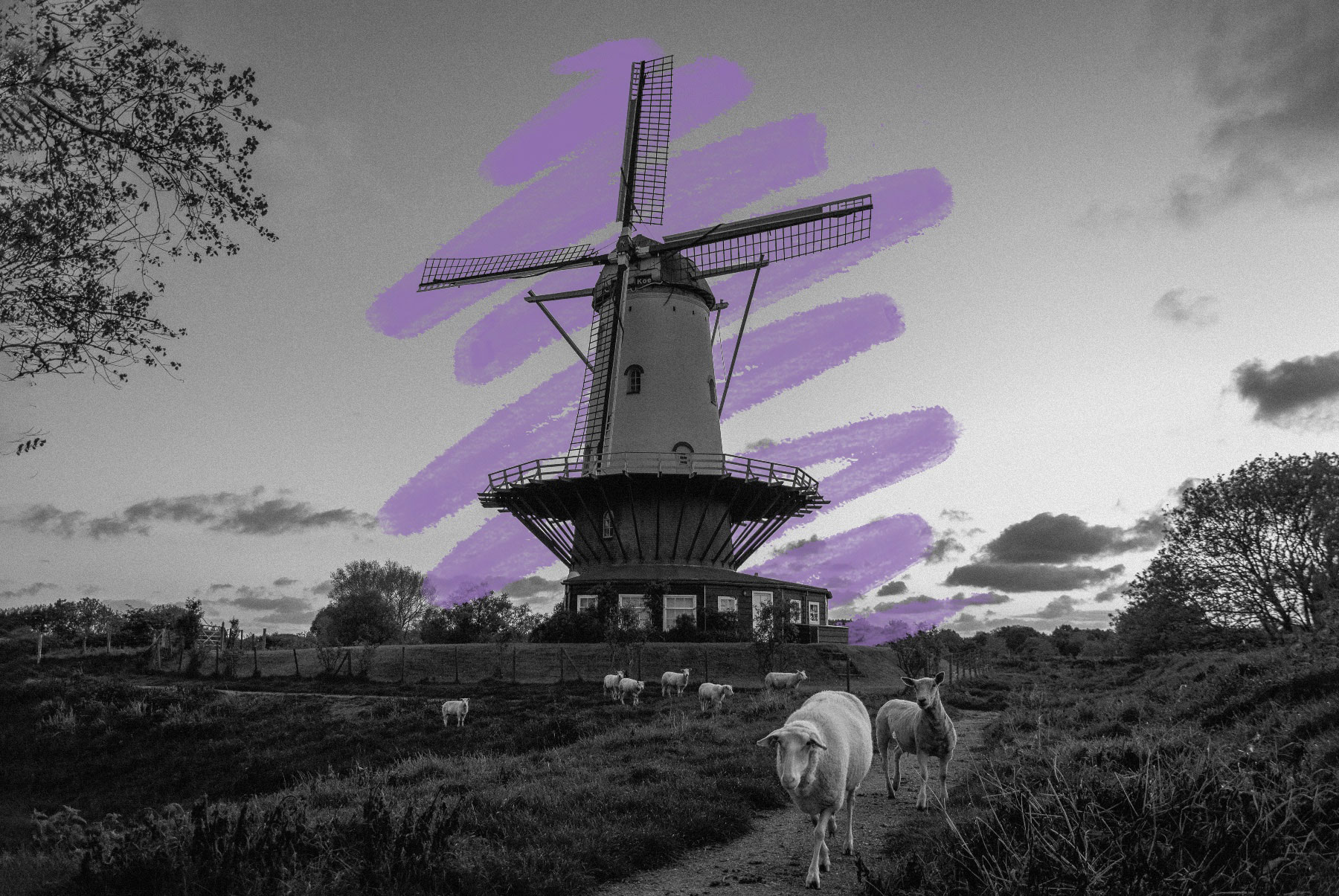There’s an “old” Zealand.
Some “new” places have become so much more well known than their namesakes that most of us don’t even think to wonder what those namesakes are. New York is probably the most famous of these, but it’s hardly the only one. Case in point: There’s an “old” Zealand, and it’s nowhere near the “new” one. Dutch navigator Abel Janszoon Tasman first sighted New Zealand’s South Island (the larger of the country’s two main islands, also officially named Te Waipounamu) in 1642, and cartographers gave it the Latin name Nova Zeelandia (known as “Nieuw Zeeland” in Dutch) in honor of the maritime province Zeeland in the Netherlands. (The spelling was eventually anglicized to “New Zealand.”)
Zeeland, the least populous of the Netherlands’ 12 provinces, is a group of islands and peninsulas located northwest of Antwerp, Belgium, and features a lion emerging from water on its coat of arms. It could hardly be farther away from the country named after it: The two are 11,000 miles apart, and the maximum distance between any two points on Earth is about 12,450 miles. New Zealand, meanwhile, continues to rank among the best countries in the world by several metrics — it’s No. 2 on both the Global Peace Index and Corruption Perceptions Index, among a number of other impressive rankings. It’s also in good company among other “new” places across the world, many of which mark a symbolic passage from the Old World to the new one.









